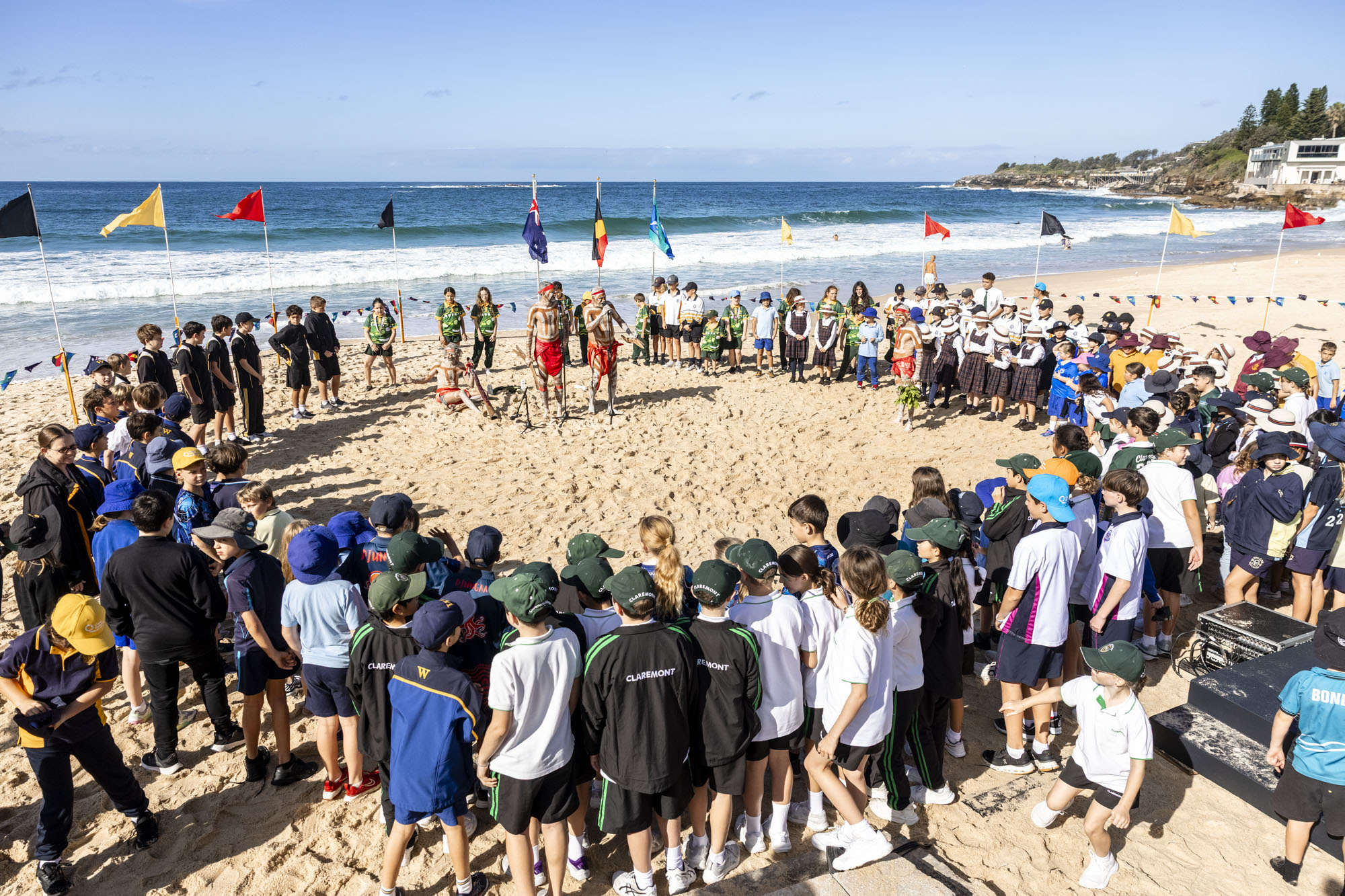Aboriginal and Torres Strait Islander overview
Randwick City Council acknowledges and pays our respects to the Gadigal and Bidjigal clans who traditionally occupied the Sydney Coast. Randwick City Council is committed to working:
- In partnership to coordinate delivery of programs and services that meet the identified needs of the Aboriginal and Torres Strait Islander people
- To help create and nurture equitable access and opportunities for Aboriginal and Torres Strait Islander people in all spheres of life; and
- Together with all members of the community, support reconciliation and encourage acceptance and respect for a diverse range of cultures.

Last Updated: 30 June 2025
